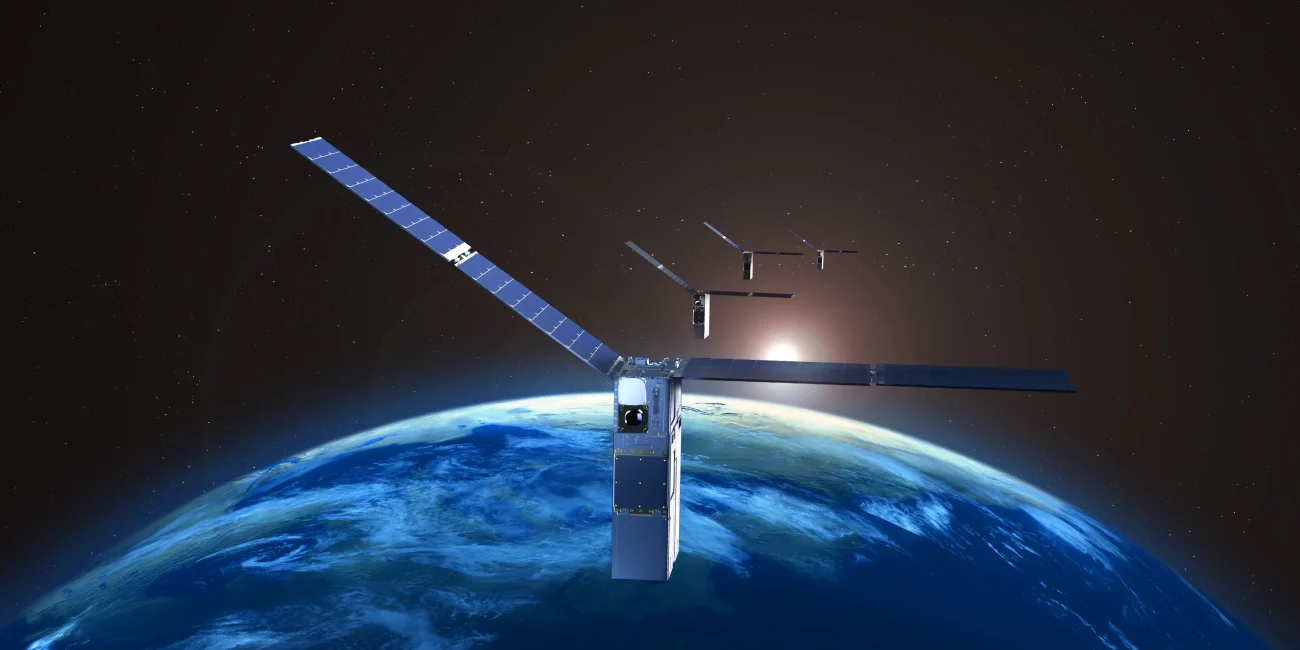Science in 2025 is evolving faster than ever, powered by cutting-edge research, advanced technologies, and global collaboration. From exploring the mysteries of the universe to combating climate change and revolutionizing healthcare, scientific breakthroughs are transforming the way we live, work, and understand the world.
This blog explores the most exciting scientific developments of 2025, highlighting how they are shaping human knowledge and pushing the boundaries of innovation.
1. Space Exploration and Astronomy
Human fascination with space continues to inspire groundbreaking research. In 2025, missions to the Moon and Mars are advancing, with international collaborations paving the way for sustainable space exploration.
Key highlights include:
- Lunar Bases: Space agencies are working on building permanent lunar habitats as stepping stones for future Mars missions.
- Exoplanet Research: Advanced telescopes are identifying Earth-like planets, raising hopes for discovering signs of life beyond our solar system.
- Space Tourism: Commercial spaceflight is becoming more accessible, opening opportunities for research and private exploration.
These advancements are not just about exploration but also about applying space science to Earth-based technologies, such as satellite monitoring for climate data.
2. Biotechnology and Genetic Engineering
Biotechnology in 2025 is revolutionizing healthcare, agriculture, and environmental sustainability. CRISPR and gene-editing technologies are being refined to treat genetic disorders and improve crop resilience.
Current trends include:
- Personalized Medicine: Treatments tailored to individual genetic profiles for more effective outcomes.
- Gene Therapy: Breakthroughs in curing previously untreatable conditions like sickle cell disease and certain cancers.
- Sustainable Agriculture: Genetically modified crops designed to resist pests, withstand climate change, and improve nutrition.
Biotechnology is one of the most promising fields for addressing global challenges such as food security and disease eradication.
3. Artificial Intelligence in Scientific Research
Artificial Intelligence (AI) is accelerating discoveries across multiple scientific domains. In 2025, AI-driven algorithms analyze massive datasets, predict outcomes, and even assist in laboratory experiments.
Applications of AI in science include:
- Drug Discovery: Reducing the time needed to develop new medicines.
- Climate Modeling: Enhancing accuracy in predicting global warming and natural disasters.
- Materials Science: Identifying new compounds for sustainable energy solutions.
AI is not replacing scientists but empowering them to make discoveries faster and with greater precision.
4. Climate Science and Sustainability
With climate change posing one of the greatest threats to humanity, scientific research in 2025 is heavily focused on sustainability and renewable energy.
Key areas of progress:
- Carbon Capture Technology: Innovative systems to remove CO₂ from the atmosphere.
- Renewable Energy Storage: Advances in battery technology to store solar and wind power efficiently.
- Biodiversity Conservation: Using drones and satellites to monitor endangered species and ecosystems.
Science-driven solutions are essential to achieving global sustainability goals and mitigating climate crises.
5. Quantum Science and Computing
Quantum science is unlocking new possibilities for computing, communication, and cryptography. In 2025, quantum computers are moving closer to solving real-world problems beyond classical computing.
Key applications:
- Drug Development: Simulating molecular structures with quantum precision.
- Secure Communication: Quantum encryption offers unbreakable security.
- Advanced Simulations: Modeling complex systems like climate or financial markets with unprecedented accuracy.
Quantum research is still developing but holds immense potential for industries and scientific exploration.
6. Neuroscience and Human Brain Research
The human brain remains one of science’s greatest mysteries. In 2025, advancements in brain-computer interfaces (BCIs) and neuroimaging are transforming our understanding of cognition and mental health.
Current developments:
- BCI Technology: Helping paralyzed individuals control devices with their thoughts.
- Mental Health Research: Exploring the neurological basis of conditions like anxiety and depression.
- Memory Enhancement: Experiments in improving memory retention and recall.
These discoveries could revolutionize healthcare, education, and even human-computer interactions.
7. Ocean Exploration and Marine Science
The ocean covers over 70% of Earth, yet much of it remains unexplored. In 2025, marine science is uncovering new species, ecosystems, and resources.
Highlights include:
- Deep-Sea Exploration: Autonomous submarines mapping uncharted regions.
- Marine Conservation: Advanced monitoring of coral reefs and endangered marine life.
- Blue Economy: Sustainable use of ocean resources for food, energy, and medicine.
Ocean science is vital for understanding climate systems and preserving biodiversity.
8. Nanotechnology and Material Science
Nanotechnology continues to advance in 2025, influencing industries from healthcare to electronics. Scientists are engineering materials at the atomic level for groundbreaking applications.
Examples include:
- Smart Materials: Self-healing materials that repair themselves.
- Nano-Medicine: Targeted drug delivery systems that attack diseased cells without harming healthy ones.
- Clean Energy: Nanomaterials used in solar panels and hydrogen fuel cells.
This field exemplifies how small-scale innovations can have massive global impacts.
9. Collaboration and Open Science
One of the defining features of 2025 science is global collaboration. Open-access platforms and international partnerships allow scientists to share data, accelerate research, and solve challenges together.
From pandemic preparedness to space missions, collaboration ensures that discoveries benefit humanity as a whole.
Conclusion
Science in 2025 is a dynamic blend of exploration, technology, and innovation. From unlocking the mysteries of the universe to tackling global challenges like climate change and disease, scientific research is shaping the future of humanity.
